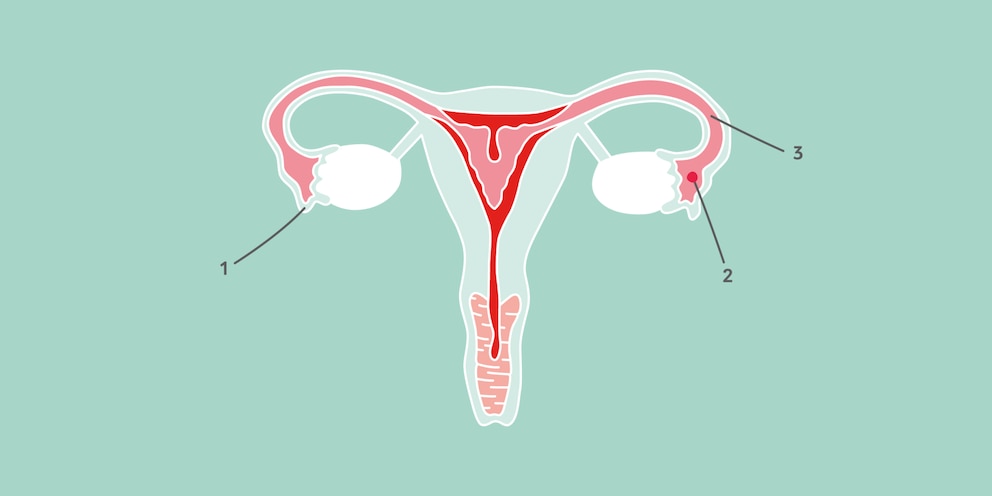
What is Ovulation?

Heard the word ovulation but not sure what it means or when it happens? Don’t worry – it’s just a part of your monthly menstrual cycle, and we’ll go through how it works.
There’s one moment that happens every menstrual cycle when an egg (sometimes called an ovum) gets released from your ovaries. This moment is what is sometimes referred to as ovulation!
But how and why does ovulation happen? Well, each month, hormonal changes cause one of your ovaries to release a mature egg, which passes into one of your fallopian tubes. If, during its journey to the uterus (womb), the egg meets a sperm, it can become fertilised, and you can get pregnant. But if the egg isn’t fertilised, it instead passes out of your body combined with some blood and the uterine lining, which has thickened to prepare for a fertilised egg. This combination of blood and lining is your menstrual fluid.
If you’d like to learn more about the body parts involved in ovulation, our guide on getting to know your V-Zone and reproductive system can help. If you’d like to learn more about ovulation itself, keep reading...

So what are the signs and symptoms of ovulation?
Some people never know when they’re ovulating, and that’s pretty normal – knowing when you’re ovulating isn’t something to spend too much time thinking about. Amazingly, some people can actually feel the moment when they ovulate [1]! Apart from this very rare exception, it’s not always easy to know when you’re ovulating, but there are a few tell-tale signs.
Ovulation symptoms include sudden constant pain in the lower abdomen, known as ‘mittelschmerz’ (German for ‘middle pain’). This tends to be a mild pain, so if you’re in agony, or the pain goes on for a long time, this could be the sign of something different like endometriosis and you should see a doctor.
There are some other signs that you might notice, that could be a hint to what’s going on inside your body. You may experience a dull ache in your back or a sudden drop in body temperature when you’re ovulating. One common sign is that your discharge may become slippery like raw egg white or your breasts may feel tender. Some people find they are more sensitive to taste and smells too. It’s normal to experience any of these from time to time.
What is ovulation discharge like?
When will I ovulate?
Calculating ovulation – how long do you ovulate for?
Medical disclaimer
The medical information in this article is provided as an information resource only, and is not to be used or relied on for any diagnostic or treatment purposes. Please consult your doctor for guidance about a specific medical condition.
This article has been reviewed on 6th January 2025 by Karen Joash BSc (Hons), MSc, MBBS, MRCOG PGCert, ILM and MBA, Consultant Obstetrician and Gynaecologist at Queen Charlotte's and Chelsea Hospital. You can find out more about Dr Karen on her Instagram, LinkedIn and X pages.
[References]
note-1[1] Marinho AO, Sallam HN, Goessens L, Collins WP, Campbell S. Ovulation side and occurrence of mittelschmerz in spontaneous and induced ovarian cycles. British medical journal (Clinical research ed.). 1982 Feb 27;284(6316):632.


